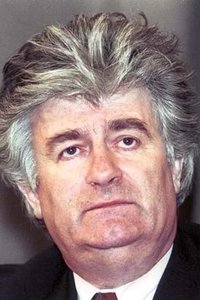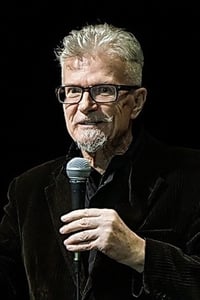Serbian Epics
Genres
Documentary
OverView
Paul Pawlikowski's award-winning documentary on life behind Serbian lines in Bosnia. The film observes the roots of the extreme nationalism which has torn apart a country and provides a chilling examination of the dangerous power of ancient nationalist myths.
Others
Budget
$--
Revenue
$--
Status
Released
Original Language
English
Runtime
45 mins
Rating
5.5/10
Release Date
16 July 1992
Country
United Kingdom



